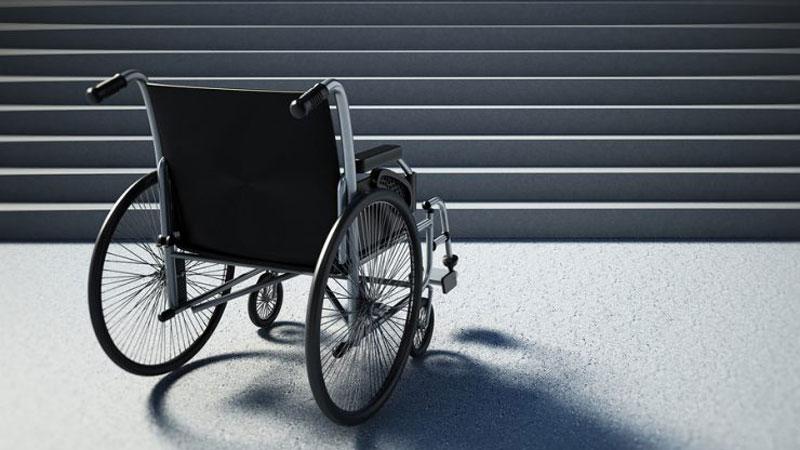
 The Human Rights Commission of Sri Lanka (HRCSL) last week directed a letter calling upon the Minister of Finance to allocate budgetary funds to make state buildings and transport accessible to the people with ‘Restricted Abilities’. However, the sustainability and fruitfulness of the request, including the intention of writing this article, is somewhat questionable as this has been a fight for almost two decades.
The Human Rights Commission of Sri Lanka (HRCSL) last week directed a letter calling upon the Minister of Finance to allocate budgetary funds to make state buildings and transport accessible to the people with ‘Restricted Abilities’. However, the sustainability and fruitfulness of the request, including the intention of writing this article, is somewhat questionable as this has been a fight for almost two decades.
Progressive laws
In 1996, the country passed one of the progressive laws in its parliamentary history, named Rights of Persons with Disabilities Act No 28, of 1996. In part V, under Protection of the rights of persons with disabilities, is stated the following.
“No person with a disability shall, on the ground of such disability, be subject to any liability, restriction or condition with regard to access to, or use of, any building or place which any other member of the public has access to or is entitled to use, whether on the payment of any fee or not”.
This and later amendments to it paved the way that accessibility for people with restricted abilities must be ensured in constructing buildings by the public sector. In 2006, Disabled persons Accessibility Regulations No 01, directed all new constructions, renovations and modifications of public buildings and transport to conform to accessibility guidelines, and all existing public buildings to be made accessible within three years (which later was postponed to 2014).
With no priority given to the matter, Dr. Ajith C.S. Perera, who has done a commendable job in fighting for the rights of the people with restricted abilities, filed a case of Fundamental Rights in the Supreme Court (SC) in 2009 and the SC made its decision in favour of the petitioner. After delivering a clarification on its stance, in 2011 it issued the following decision,
“This Court further recognises that in terms of the protection of the Rights of Persons with Disabilities Act No. 28 of 1996, as amended, and the regulations made thereunder, no person should be discriminated against on the ground of disability and their mobility restricted in a manner which precludes or impedes them from enjoying equally their inherent right for access, safety and accommodation in day – to – day life at man-made public buildings, public places and facilities provided there”
Lethargic attitude
After the enactment of the law, and a comprehensive decision by the SC, the HRCSL had to write to the Ministry of Finance in 2019, requesting the allocation of money to provide ‘Accessibility for All’.
This clearly shows the lethargic attitude of successive governments of the needs of its citizens.
As Dr.Ajith C.S. Perera has said on several occasions, people with restricted abilities represent the largest minority group in the country. Sri Lanka being a country confronted by a 26-year war against terrorism, two youth insurrections and several other religious and civil uprisings, people with restricted abilities are not something new for the country.
We see such people all around us. The term ‘people with restricted abilities’ covers not only the people with missing body parts but also senior citizens and pregnant mothers, one of the largest groups of voters in the perspective of politicians.
Therefore, the voice of those who face difficulties should also come forward in terms of winning their own rights which are already provided by law but ignored arbitrarily by the law makers.
